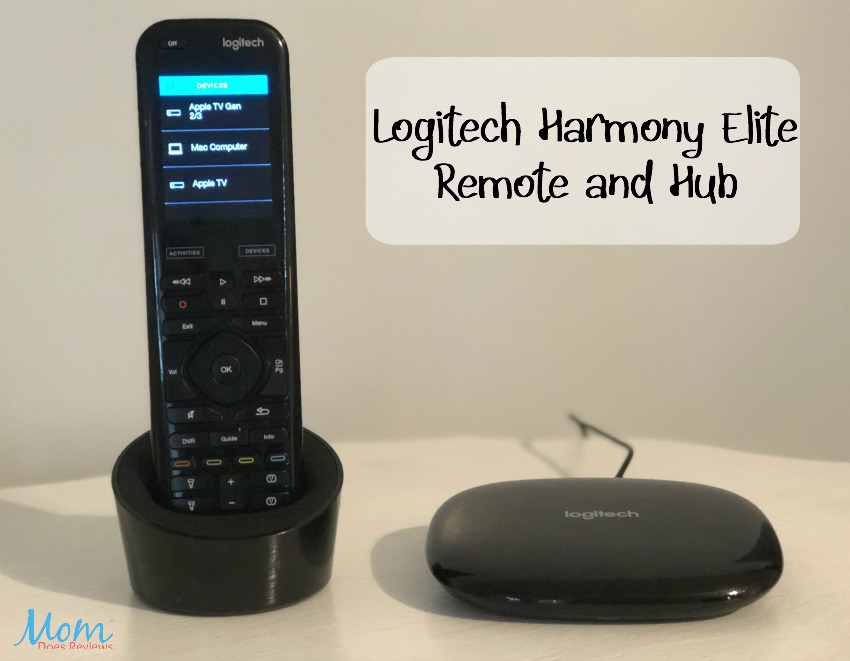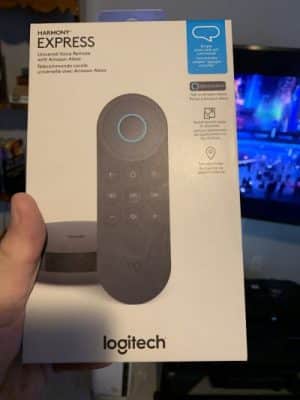

#HARMONY 650 REMOTE ASSISTANT TURNS OFF TV#
My dad was an engineer for Canadian cable TV company, MacLean-Hunter. Boxes of them were piled high at my father’s workplaces in Canada and the US. I knew a certain early 80s Jerrold remote control well. Jerrold was the remote in your home depending on which cable provider you used.įirst known commercial use of "Universal Remote" The Arrival of the IR Remote

Many of our earliest experiences with remote controls were designed specifically to control the cable TV box that sat atop more and more TV sets as cable grew in popularity through the late 70s. It was a large device the size of a computer keyboard that remained hard wired to the set-top-box it controlled. But it wasn’t anything we’d recognize today.

The term Universal Remote had already been adopted by Jerrold, a cable box company (a subsidiary of General Instruments) in the 1970s to describe a cable TV remote. These were usually wooden or pressed-wood display cabinets used to house the growing array of television accessories would nestle into the shag carpet of 80s homes across America. New Tabletop TVs and a proliferation of set-top-boxes consumer preference led to the 1980s interior abomination known as the entertainment center. Through the 80s the TV-set itself would evolve into innovative compact designs that began edging out your grandmother’s old wooden floor-model. The future of the set-top-box and a corresponding flood of remote controls was now unstoppable. By 1984 Sony won its landmark case against Universal Studios, unequivocally granting permission to record broadcast TV for playback anytime over the fledgling VCR. The VCR would revolutionize our viewing habits, but at the dawn of the 80s it still had a controversial and uncertain future. We may not have known it at the time, but the era of the set-top-box had begun. It was such an obvious solution by the early 80s when cable TV and VCRs became permanent fixtures atop wooden floor model TVs. It’s difficult to imagine a time when the universal remote didn’t exist. What does the loss of Harmony say about the ever-changing consumer electronics market itself, and where do we go from here? The Era of the Set-top-Box Begins But of all of our electronics, the universal remote control is the one we held in our hands as we'd lovingly wipe away the Cheeto dust and sometimes search for in the couch cushions. But why would one of the most widely loved and objectively successful products just shut down? Sure, universal remotes often arrived into our living-rooms as mere accessories to more important devices in our home audio/video systems. For almost two decades the iconic clicker has tamed over-abundances of remotes on coffee tables the world over. Logitech's announcement that it has ceased production of Harmony marked an important milestone in the decline of a once critical product category, the universal remote control.


 0 kommentar(er)
0 kommentar(er)
